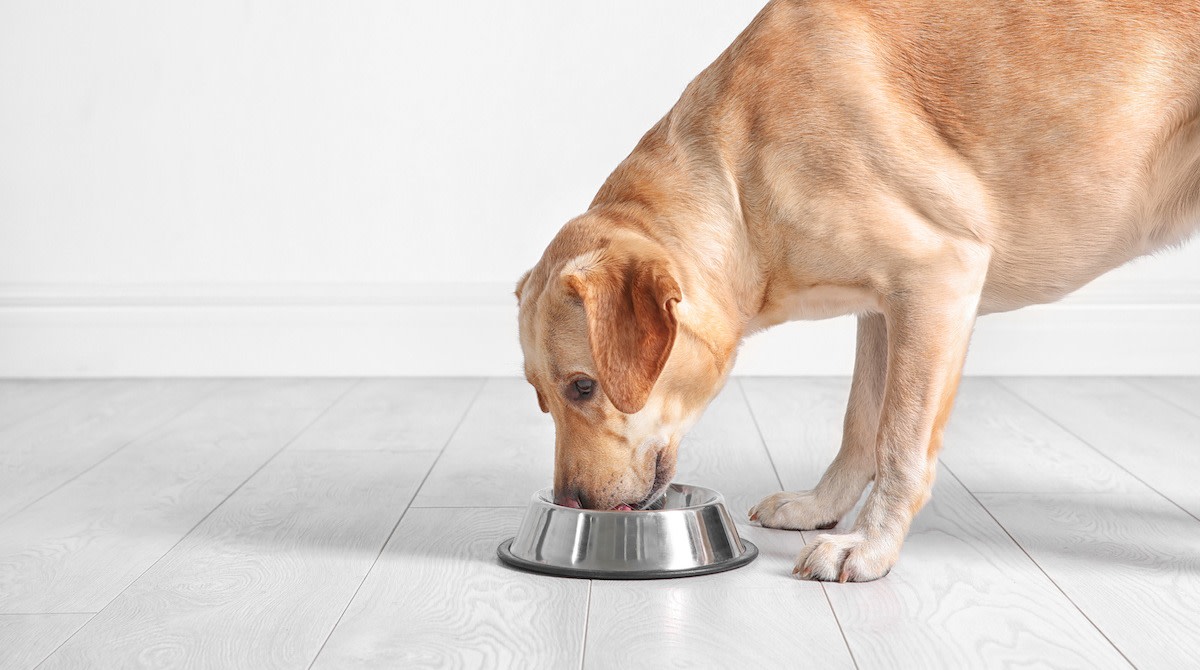Can Dogs Eat Ginger? 3 Ways to Feed a Dog Ginger
Written by MasterClass
Last updated: Mar 22, 2022 • 3 min read
Ginger is a nutritious root vegetable that helps treat a host of health conditions in humans, so pet owners may wonder: “Can dogs eat ginger too?” Small quantities of ginger can actually benefit your dog’s health, but there are certain guidelines to follow when incorporating this healthful root into your furry friend’s pet food.
Learn From the Best
Can Dogs Eat Ginger?
Ginger is safe for dogs to eat in small quantities and can provide a number of health benefits. Fresh ginger root is packed with antioxidants and contains anti-inflammatory properties that can promote healthy blood circulation, ease bloating, and increase heart health.
Before incorporating any form of ginger into your adult dog’s diet, consult a veterinary professional. Always regulate the amount of ginger you feed to your dog. Small dogs below ten pounds can eat up to one-quarter teaspoon of fresh ginger a day. Canines between ten and thirty-five pounds can consume one-half teaspoon of fresh ginger a day, and large breeds can eat three-quarters of a teaspoon.
4 Benefits of Feeding Your Dog Ginger Root
Here are some of the potential benefits of ginger for your pooch.
- 1. Contains antioxidants, and vitamins: Ginger, which contains the chemical compound gingerol, contains antioxidants, which can prevent cell damage leading to cancer, as well as improve a dog’s cognition and memory. It also contains a number of vitamins and minerals for a healthy immune system, including vitamin B6, iron, magnesium, and vitamin C.
- 2. Fights nausea and motion sickness: The same way drinking ginger ale can relieve an upset stomach in a human, ginger can relieve a host of gastrointestinal problems in dogs. Feeding your pup a small amount of ginger can soothe nausea and motion sickness associated with long car rides. The anti-nausea treat can also help treat canine bloat, which can lead to a life-threatening condition called gastric dilation and volvulus (GDV). Additionally, ginger reduces gas and stimulates the stomach, preventing chronic bloat.
- 3. Has anti-inflammatory properties: The natural anti-inflammatory quality of gingerol can help mitigate joint pain and arthritis, relieving discomfort associated with those conditions.
- 4. Is heart-healthy: Gingerol can also lower a pup’s high blood pressure and improve circulation by breaking up possible blood clots. This makes it a great supplement for older pooches. Studies have also shown ginger to treat heartworm disease.
What Are the Risks of Feeding Ginger to Dogs?
While the effects of ginger are largely positive for dogs, there are also some possible risks, including the following.
- Blood thinning: Although ginger can lower blood pressure, it also thins the blood. If your dog is pregnant, has diabetes or heart disease, or is preparing for surgery, do not feed them ginger. Additionally, if your dog takes medication of any kind, consult with your veterinarian about how ginger may interfere.
- Upset stomach: Though ginger can soothe your dog’s stomach, its spicy taste can upset their digestive system or cause heartburn when they consume it in large quantities. If you incorporate ginger into your dog’s diet, start by feeding them a very small amount and monitor for any side effects (like drooling, fatigue, or vomiting) that could indicate an allergic reaction.
3 Ways to Prepare Ginger for Dogs
Always consult with a veterinarian before incorporating even small doses of ginger into your dog’s diet. Be mindful that your dog’s size will dictate how much ginger they can eat. Small breeds can take up to one-quarter teaspoon of fresh ginger a day, medium ones should consume one-half teaspoon, and large dogs can take up to three-quarters of a teaspoon. Following those rules:
- 1. Bake ginger snaps or gingerbread dog treats. Make a batch of small, sugar-free, dog-friendly ginger cookies with powdered or fresh ginger. This tasty treat is a healthy reward for good behavior.
- 2. Make ginger water. Dogs cannot drink carbonated ginger ale, but you can mix a small pinch of powdered ginger into their water. Alternatively, prepare your dog ginger tea or a pup-friendly smoothie.
- 3. Mix it into your dog’s food. Mix a very small amount of grated raw ginger into your dog’s normal dog food. This works best with wet dog food, but you can also mix grated ginger into kibble.
Before Sharing With Your Pooch
Certain human foods can cause adverse reactions in canines, so always consult your veterinarian to determine whether it is safe to add these foods to your pet’s diet. This article is for educational and informational purposes and is not a substitute for medical or dietary advice.
Want to Learn More About Training the Goodest Boy or Girl?
Your dream of having a dog who understands words like “sit,” “stay,” “down,” and—crucially— “no” is just a MasterClass Annual Membership away. The only things you’ll need to train up a well-behaved pup are your laptop, a big bag of treats, and our exclusive instructional videos from superstar animal trainer Brandon McMillan.
